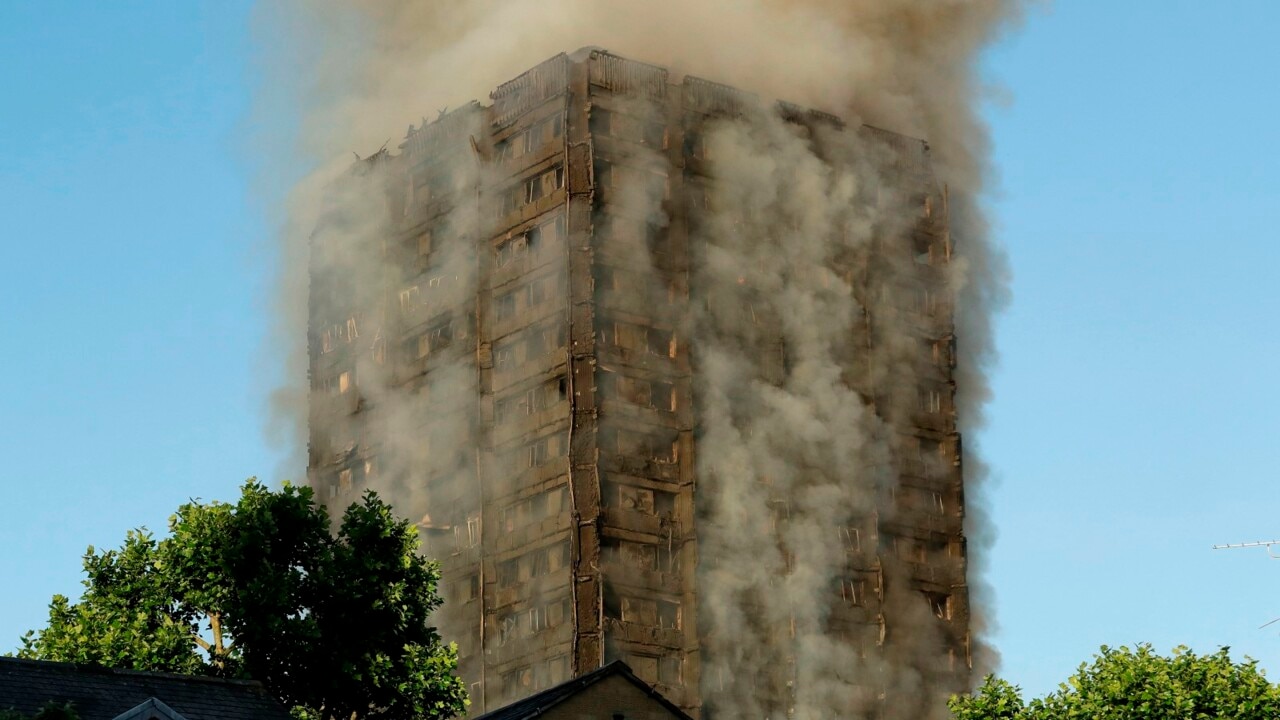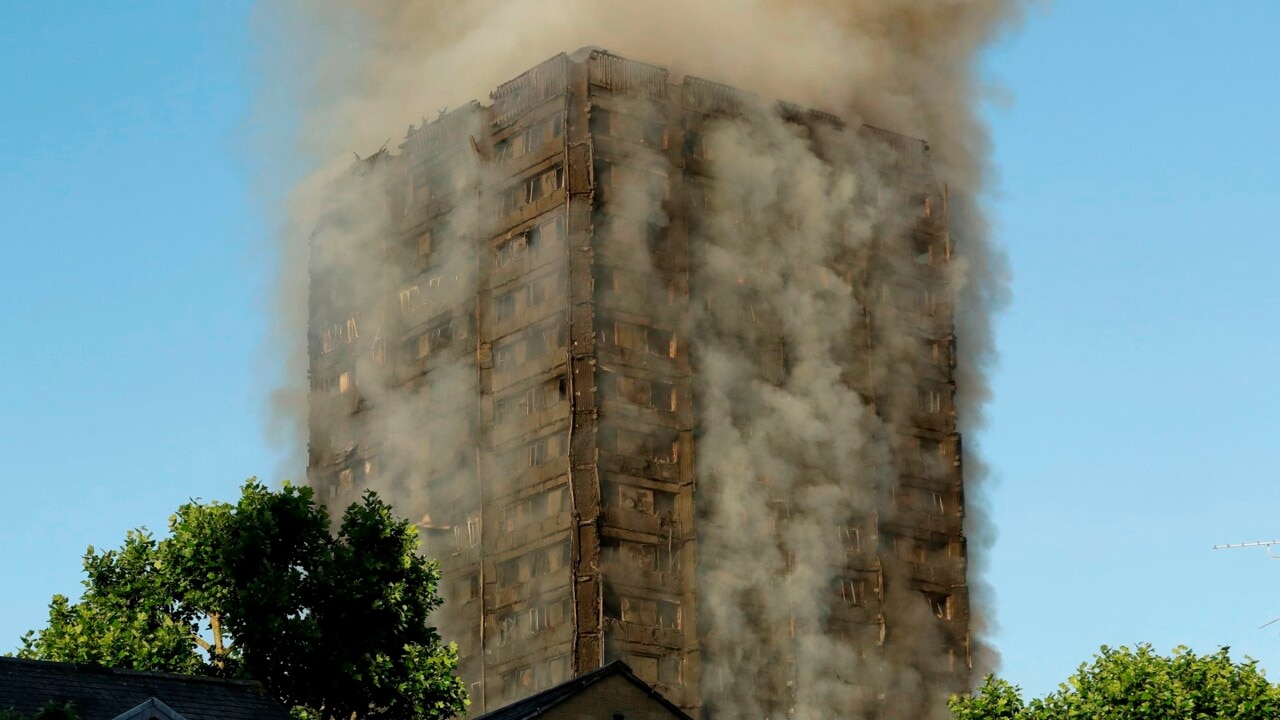New Port apartment residents given 12-month deadline to remove flammable aluminium cladding
Residents of twin apartment blocks in Adelaide’s northwest are living in buildings wrapped in flammable cladding and could face potential evacuation.

Two Port Adelaide apartment blocks are at “high risk” of fire due to potentially flammable cladding and could be evacuated if owners fail to remove the dangerous material.
Port Adelaide Enfield Council has given the 166-apartment owners in neighbouring seven-storey buildings near Port Adelaide a 12-month deadline to strip external cladding from the buildings which have been classed as “high risk” of fire.
Residents have been quoted $1.6m to repair the 13-year-old buildings and are demanding help from the council and State Government to fix the problem which they argue is not their fault.
The New Port properties were among hundreds of buildings identified as having aluminium composite panels in 2019 after a statewide audit triggered by the 2017 Grenfell tower blaze in London that killed 72 people.

The council’s fire safety committee issued the Tarni Court and Pilla Ave buildings’ community corporations a notice last month giving them 30 days to provide a works schedule to remove the cladding, after it alleged the corporations had missed an earlier deadline.
The residents’ would then have to remove cladding from buildings’ lower levels within three months and the remaining cladding within 12 months, the council’s chief executive Mark Withers said.
Mr Withers said “constructive negotiations” were continuing with residents, the council’s fire committee and the properties’ strata manager Whittles to ensure the “matter is resolved amicably”.
“However, if the matter is not resolved in a timely manner, the (fire safety committee) reserves the right to issue an order to cease occupation of the buildings until the cladding issue is resolved,” he said in a statement.

He said evacuating the building would be a “very last option” for the council.
The buildings’ presiding officers have told The Advertiser they want the Government and council to step up and help fund the repairs.
“We understand the need for the rectification work but we’re asking for help, guidance and assistance so we can do the work properly,” they said in a joint statement.
“We had a meeting with the council two weeks ago and explained that we can’t afford to do the work within a 12-month period.
“Our building is deemed a ‘high risk’ building when it’s only covered in less than 10 per cent of the (cladding) product and we have been trying to get clarification as to why it’s deemed high risk.”

They said that the ‘high risk’ rating meant that many contractors won’t carry out the work due to lack of insurance cover.
“In March only one provider had would accept the work until we pushed council to help us identify other providers, that’s when the quote went from $1.2m to $800,000 (per building),” they said.
“We’ve been working madly over the last few weeks to get additional quotes.
“If we were living in Melbourne or Sydney the state governments would help pay.”
The Victorian and NSW Governments are providing funding and loans to fix cladding on private buildings.

They said that the residents did not build the properties and felt they had been left “high and dry” in seeking a resolution.
They hoped to get a “collective group” of similar building owners to lobby for funding support.
They said banks lending rules during COVID have meant banks won’t lend to building corporations.
A December government audit update showed that there were six buildings across SA that were still at “extreme” or “high” risk of fire danger.
Under government definitions buildings with a “high” rating were to be fixed within a year of being identified.
A stage government spokesperson said the government would not contribute to repair costs of buildings identified with “dangerous cladding”.
The government has refused to disclose the location of the buildings citing safety concerns.
Under new regulations introduced last month vendors must disclose the presence of flammable cladding that is of a a moderate, high or extreme rating.
Vendors are also required to advise of the cost of remediation where this is known.





